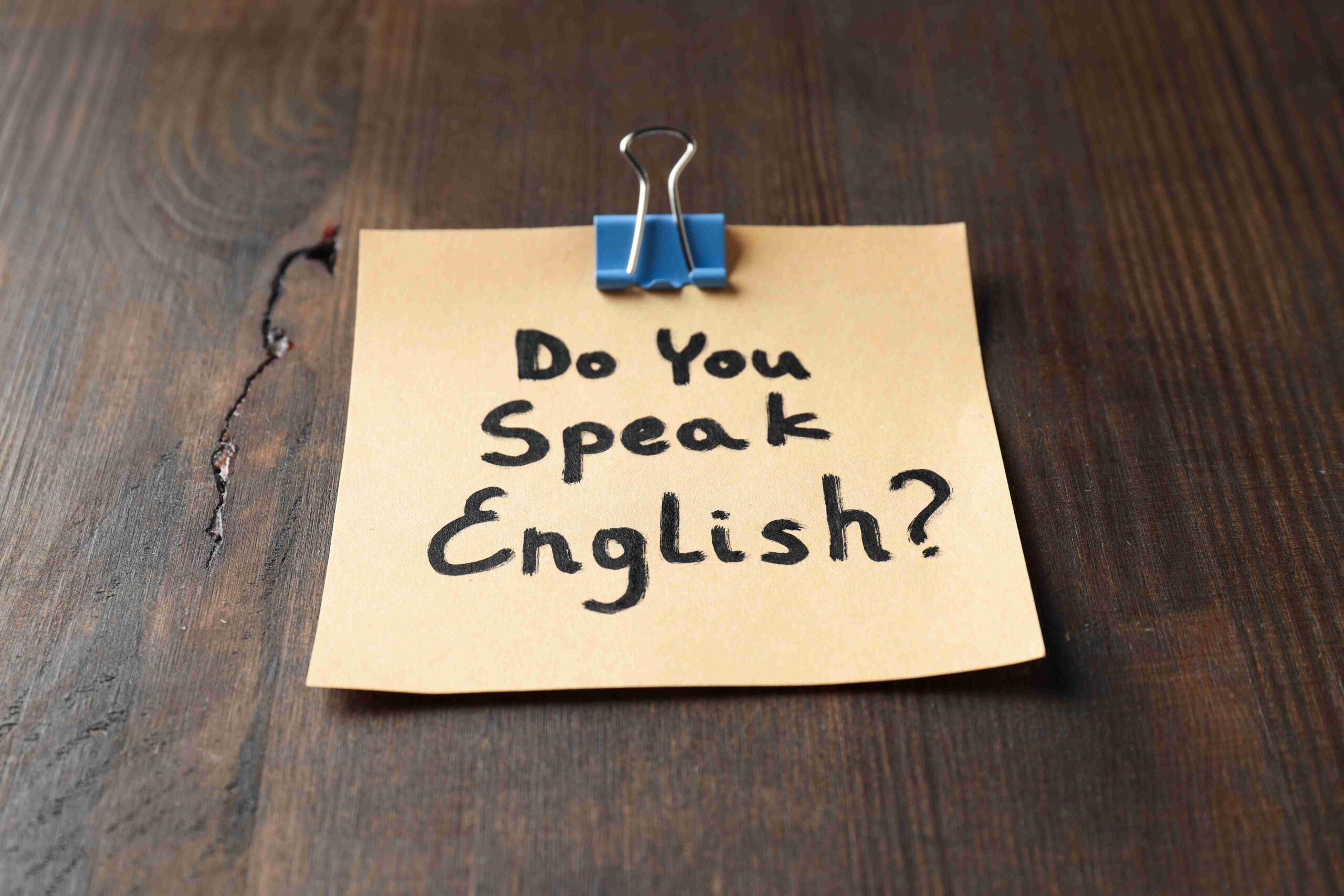South Korea places a significant emphasis on English education, reflecting the country’s commitment to preparing its citizens for a globalized world. As the unofficial language of international business, English is woven into the fabric of South Korean education, starting from an early age. However, learning English in South Korea presents unique challenges, stemming from cultural, linguistic, and educational differences.

The Role of English in South Korean Education
In South Korea, English is a mandatory subject in the public school curriculum. Children typically begin learning the language as early as three or four years old in kindergarten. By the time students reach high school, English education intensifies, often focusing on grammar and reading comprehension to prepare for competitive university entrance exams.
Despite the widespread incorporation of English into the education system, proficiency among students varies. The following factors contribute to the challenges of mastering English in South Korea:
- Cultural Differences: Korean language norms, such as indirect expression and hierarchical speech levels, contrast with English’s straightforward communication style.
- Pronunciation Barriers: Sounds like “f,” “v,” and “r” do not exist in Korean, making pronunciation particularly difficult for learners.
- Grammar and Sentence Structure: English follows a subject-verb-object structure, while Korean uses subject-object-verb, leading to confusion during language acquisition.
These linguistic and cultural hurdles highlight the complexity of learning English in South Korea. While they can be daunting, overcoming them is key to achieving fluency and gaining confidence in the language.

A Typical English Learning Experience
South Korean students often attend one or two 40-minute English classes weekly in public schools. These classes are typically large, with up to 60 students, limiting interaction between students and teachers. In middle and high school, English becomes a major subject, focusing more on academic performance than practical language use.
In addition to regular school hours, many students attend private academies, known as Hagwons, where they practice conversational skills and refine their grammar. These programs employ interactive methods like:
- Games and Activities: To make learning enjoyable and engaging for students.
- Conversational Practice: Helping students gain confidence in speaking English in real-world situations.
- Reading Popular Literature: Introducing students to cultural and linguistic nuances through books.
Such efforts illustrate how the education system is adapting to make English learning more effective. The blend of traditional and interactive methods aims to prepare students for a globalized future while addressing the unique challenges they face.
Why Learning English Matters
For South Koreans, learning English is more than just an academic exercise—it is a gateway to opportunities in education, business, and cultural exchange. Proficiency in English can:
- Facilitate International Business: South Korea’s economy relies on global trade, making English a valuable skill for professionals.
- Enable Travel and Cultural Exchange: Knowledge of English allows South Koreans to communicate effectively while traveling or studying abroad.
- Enhance Personal Growth: Learning a new language broadens perspectives and fosters a deeper understanding of other cultures.
Such benefits underscore the significance of English in South Korea’s economic and cultural development. Beyond professional advantages, it enriches individual lives by fostering connections and understanding across borders.
English as a Key to the Future
English education in South Korea reflects the nation’s dedication to equipping its citizens with tools for success in a competitive world. While the journey to mastering English is challenging due to cultural and linguistic differences, the benefits like career advancement and personal growth make it an invaluable pursuit.
For Koreans and late learners alike, embracing English offers a path to new opportunities and global connections, enriching both their personal and professional lives. Whether in schools, Hagwons, or through personal effort, learning English remains a transformative endeavor in South Korea’s dynamic educational landscape.
